The Closed Circle: An Interpretation of the Arabs (Edward Burlingame Book)
£25.08
This important book explains how Arabs are closed in a circle defined by tribal, religious, and cultural traditions. David Pryce-Jones examines the tribal forces which, he believes, “drive the Arabs in their dealings with each other and with the West.” In the postwar world, he argues, the Arabs reverted to age-old tribal and kinship structures, a closed circle from which they have been unable to escape, and in which violence is systemic. “A healthy corrective, a thought-provoking study.”―David K. Shipler, New York Times Book Review.
Read more
Additional information
| Publisher | Ivan R. Dee, 2009th edition (16 Feb. 2009) |
|---|---|
| Language | English |
| Paperback | 482 pages |
| ISBN-10 | 1566638267 |
| ISBN-13 | 978-1566638265 |
| Dimensions | 14.05 x 3.58 x 21.54 cm |

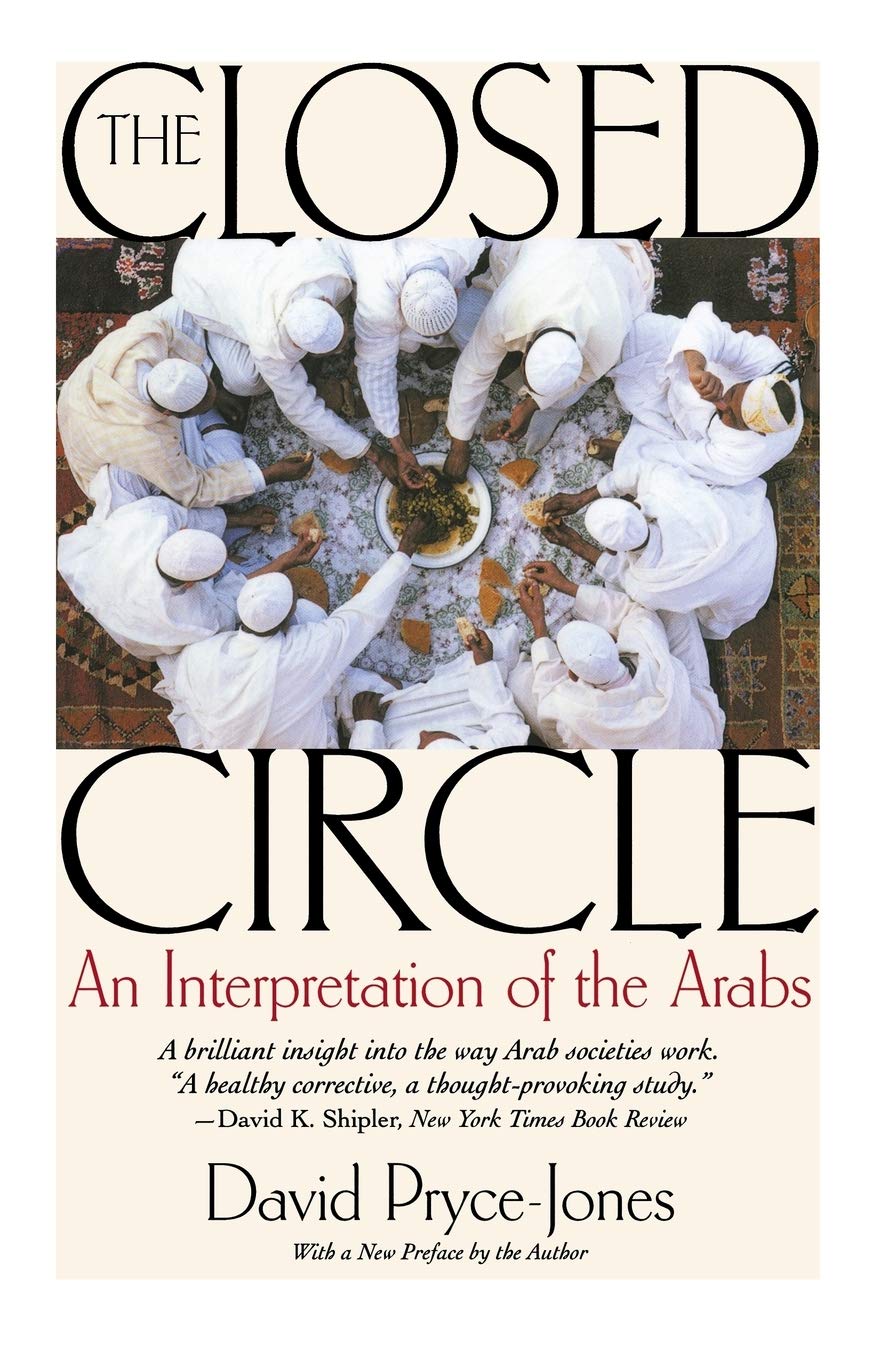
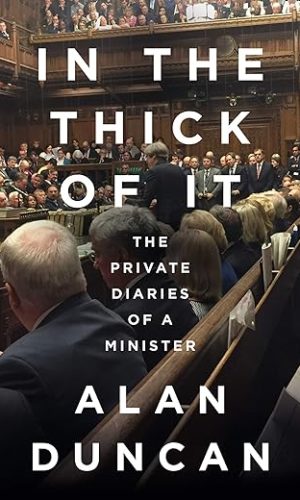
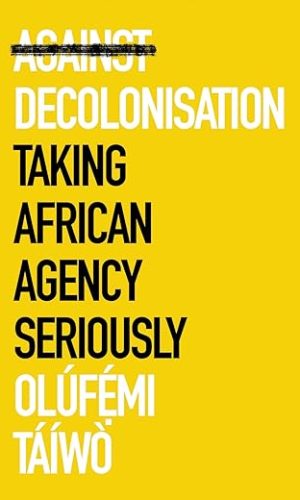

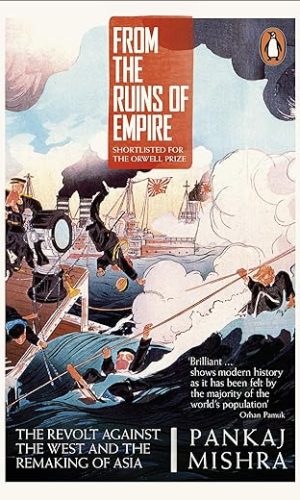
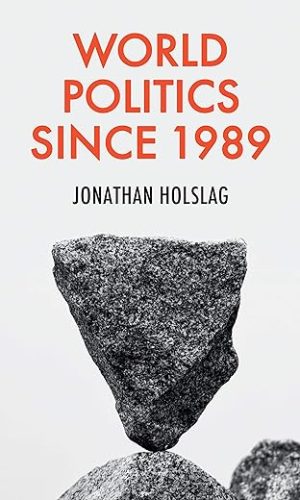


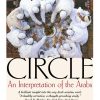
by EMan
Difficult book to read this days yer necessary to better understanding what goes on: a required reading for travelers and businessmen alike
by C. Moore
If you want to start to understand Arab societies this book is a ‘MUST READ’. Its an easy informative read. No one who contemplates working in the Gulf should go there without reading and inwardly digesting it. It explains much. It should be compulsory reading for all Western Intelligence services personnel. A brillant book which left me with the depressing conclusions that all we will see is more of the same.
by David Jones
Like many books on this and related subjects it views the Arabs/ Middle East/ Islam as separate entities that the “West” has had no hand in creating/ maintaining. That’s not to say that the Arabs aren’t responsible for how they are now, merely that we are responsible too!
by M. D Roberts
This is a very interesting and most timely study of an extremely demanding subject.
Yet nonetheless, a subject that all Westerners need to have an understanding of should they wish to in any way comprehend what exactly is going on in the Middle East together with the mindset in the Arab world in relation to the ‘war against terrorism’, and what underlies and contributes to the spread of Islamic fundamentalism.
We are presented with a plethora of uncomfortable facts about the Middle East, including a rather perturbing picture of the philosophies within Arab/Islamic tribal society which have provided many a fertile ground for the spreading of fundamentalist Islam.
This book is a well written and serious analysis of this subject and one is lead to understand the hatred of the West & Israel indoctrinated through generation after generation of the Arab peoples. I do not agree with all the author’s statements but it is difficult to argue that many of his revelations are extremely pertinent to the times in which we live.
Whilst this is not essentially a book about Islam, it’s inherent place in this study about Arab society cannot be ignored.
The terms ‘losing face’, ‘saving face’ and ‘honour’ are endemic to the peoples studied here. We see how they relate to decision making, attitudes and how ‘dishonesty’ can be justified in certain circumstances. One disturbingly sees a uniform level of savagery is prominent in the Arab world. Illustrated too is the dramatic list of the murdered Arab leaders from 1948 to the present time.
Some of this study will no doubt disturb some readers whilst at the same time opening their eyes to a culture which is completely foreign to what most Westerners are familiar with.
Whilst this might precipitate an understanding of the Arab/Islamic mindset and the reasons behind their lifestyles and some violent activities, I feel that the author has not really drawn the fine line between understanding and justification. A distinction which I feel needs to be made before we go along the line of adopting the principle of “one man’s terrorist being another man’s freedom fighter”. (This is commendably dealt with in an excellent book by Alan M. Dershowitz entitled “Why Terrorism Works”.)
This principle usually brings to mind the Palestinian-Israeli issue, but that does not do justice to combatting the numerous outbreaks of violence/terrorism involving Moslems in Algeria, Afghanistan, Armenia, Bangladesh, Egypt, Ethiopia, Fiji, France, India, Iraq, Israel, Jordan, Kenya, Lebanon, Libya, Morocco, Niger, Pakistan, the Philippines, Russia, Saudi Arabia, Somalia, Sudan, Tunisia, Turkey, Yemen and Yugoslavia.
Whilst it is an indisputable fact that not all Moslems are terrorists, the terrorists in virtually all of these matters have all regrettably been Moslems.
Having drawn what I consider such essential distinctions and observations, I conclude in saying that this is indeed a very worthwhile study for those who are relatively new to this subject.
I highly recommend another book along these lines by Ramon Bennett entitled “Philistine; The Great Deception”. If you can get a copy of the latter book, then please do.
by Bezdechi
I lived in an Arab country for two years. I learnt one big lesson: cultures differ, deeply. And some are better than others, in some respects at least.
There is much nonsense written about the Middle East. Edward Said is probably the most mendacious and influential figure in the field (or was), and is representative of a type that Westerners who go to the Arab world will encounter again, and again, and again. He was priviged, self-pitying, could not admit to any mistakes, flew into a rage whenever anyone contradicted him, felt in competition with the entirety of Western civilization (because he couldn’t join into it, that would be “shaming”), yet is more Westernised-than thou to other Arabs, etc.
This book, which I read after my sojourn in Arabia, hits the nail on the head. It is a mistake to think the book is racist, stereotypical, and so on. It is not. On the contrary, it examines the damage that Arab values are doing to Arabs themselves.
There are many charming and enjoyable aspects of living in Arabia, but if you go, make sure you read this book first. Indispensable.
by observer100
This remarkable book provides an understanding of the Middle East which makes sense of otherwise baffling and frustrating conundrums for those who approach the region from a European perspective. Anyone with a serious interest in the region should read this book or at least be aware of its thesis. The culture gap which the book discusses has wrecked foreign policy initiatives by European powers and is probably still doing so. Even more seriously it wrecks the lives of Arabs, whom I definitely include in the word ‘anyone’.
by james kelly
Brilliant